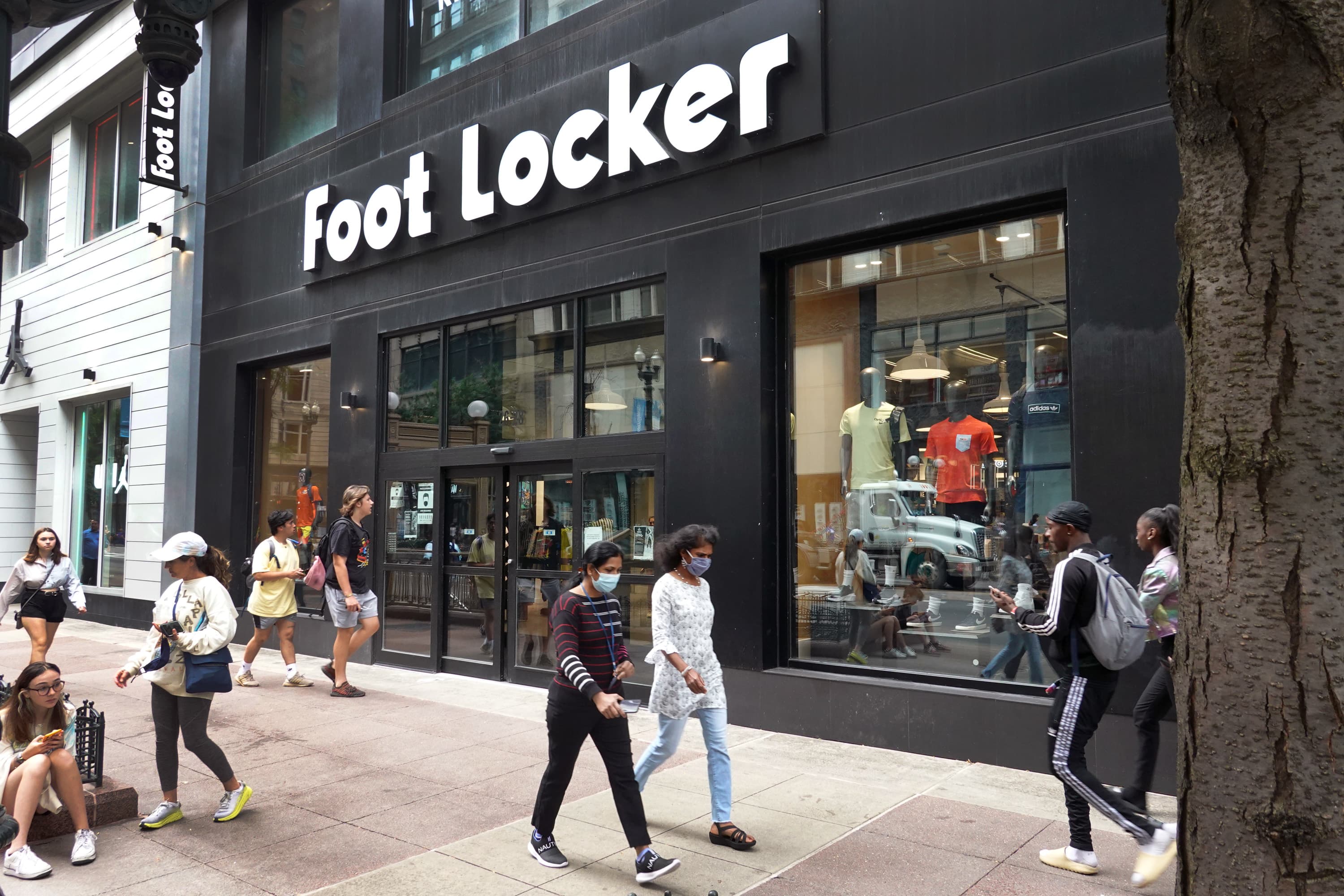Here's how much money you'd have if you invested $1,000 in Costco 10 years ago
Costco doesn't plan on increasing membership fees - for now, the company's chief financial officer said during its latest earnings call.

From its $4.99 rotisserie chickens to its $1.50 hot dog combos, Costco has been a longtime favorite of price-conscious shoppers.
Amid rising food prices, inflation-pinched consumers are looking to make their money stretch further, much to Costco's advantage. The wholesaler ended the fiscal second quarter of 2023 with 123 million cardholders, up about 7% compared to a year ago, Richard Galanti, Costco's chief financial officer, said during the March 2 earnings call.
The retailer reported revenue of $55.27 billion for its fiscal second-quarter of 2023, missing analysts' prediction of $55.54 billion, according to Refinitiv consensus estimates. However, the company reported earnings per share (EPS) of $3.30, which surpassed the $3.21 analysts expected.
While the retailer isn't planning to raise its annual membership fees for now, shoppers may need to prepare to pay a bit more for membership in the future. When asked about a potential fee hike, Galanti said "it's a question of when, not if."
It's been nearly six years since Costco increased its membership fees. In June 2017, Costco raised the price of its Standard Gold Star membership from $55 to $60, and increased the price of its Executive membership from $110 to $120.
As of 2022, Costco is the third-largest retailer in the U.S. by sales revenue, according to the National Retail Federation's "Top 100 Retailers 2022 List."
What this means for investors
Costco posted its fiscal second-quarter results after the bell on March 2. The following day, shares declined slightly by 2.15% and ended the session trading at $475.26 per share.
Here's how much money you'd have as of March 3 if you had invested $1,000 into the company one, five and 10 years ago.
If you had invested $1,000 into Costco a year ago, your investment would be worth about $898 as of March 3, according to CNBC's calculations.
If you had invested $1,000 into Costco five years ago, your investment would have more than doubled to $2,639 as of March 3, according to CNBC's calculations.
And if you had put $1,000 into Costco a decade ago, it would have swelled to $5,124 as of March 3, according to CNBC's calculations.
Investors should do their research
If you're interested in investing in Costco, Walmart or another company, remember: The stock market is unpredictable, and you shouldn't use a stock's past performance to predict how well it will do in the future.
A passive investment strategy tends to make sense for most investors, rather than selecting individual stocks. Experts typically recommend investing in low-cost index funds, which can give your portfolio exposure to a broad array of companies.
Investing in the S&P 500 can be a great place to start, for example. It's a market index that tracks the stock performance of 500 large American companies, which can introduce diversity to your portfolio.
As of March 3, the S&P 500 declined slightly by a little over 7% compared to 12 months ago, according to CNBC's calculations. However, the index has increased by about 50% since 2018 and grown by about 166% since 2013.
Get CNBC's free Warren Buffett Guide to Investing, which distills the billionaire's No. 1 best piece of advice for regular investors, do's and don'ts, and three key investing principles into a clear and simple guidebook.
Don't miss: AriZona Iced Tea CEO vows to keep the 99-cent price tag ‘for as long as we can’


 ValVades
ValVades 



















.jpg&h=630&w=1200&q=100&v=6e07dc5773&c=1)










![How To Win Brand Visibility in AI Search [Webinar] via @sejournal, @lorenbaker](https://www.searchenginejournal.com/wp-content/uploads/2025/09/2-222.png)
